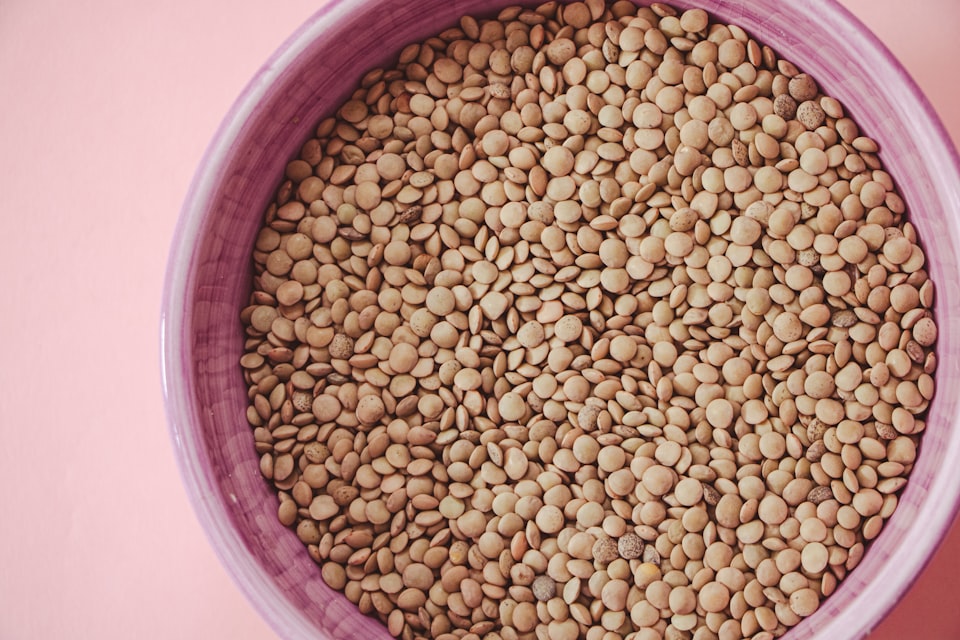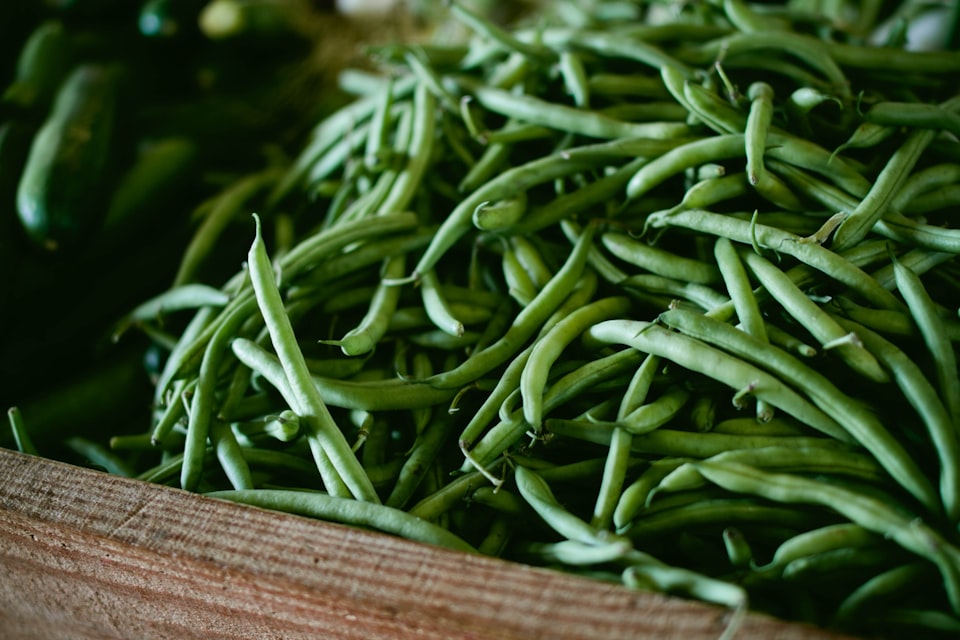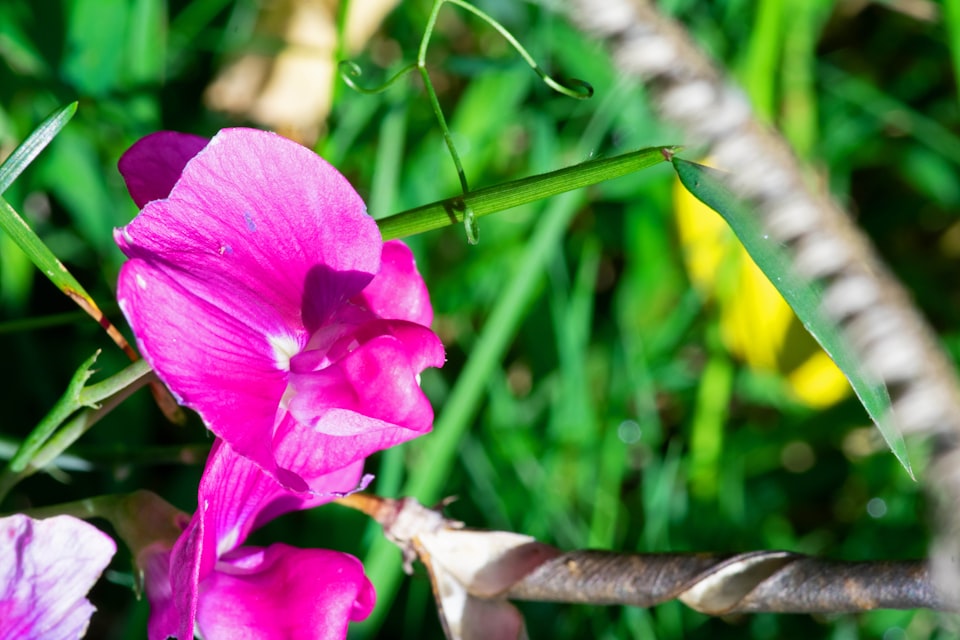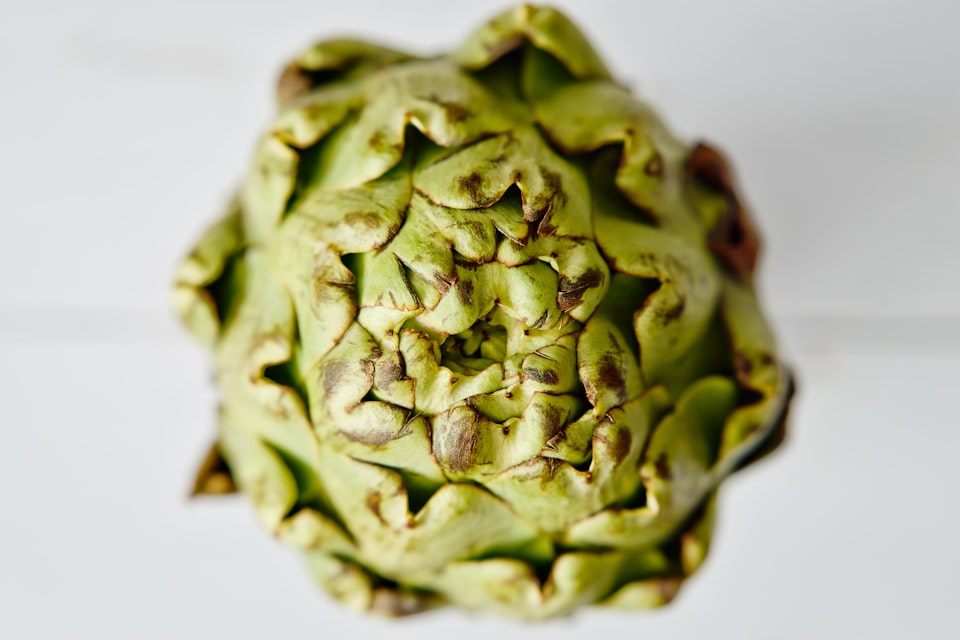VII: Chili Pepper
The long, strange, epic trip of the hot stuff.

Good morning. Today is septidi, the 27th of Vendémiaire, Year CCXXXI. Today we celebrate le piment, the hottest nightshade in town.
After yesterday's trip around the world, I hesitate to do another one, but the truth is the journey of the chili pepper from its native habitat in tropical Central and South America to every dude-run YouTube channel on the internet is a lot more convoluted than you might think.
For starters, the plant was domesticated a long, long time ago. Fossilized chili seeds have been found among fragments of pottery and milling stones in southern Ecuador dating back 6,000 years. Birds spread the seeds throughout the high tropics of South America, where they slowly worked their way up through the cuisines of the grand civilizations that once dominated Central America. The earliest evidence of chili in pre-Columbian Mexico and Texas is from about 2,500 years ago.
But there is no evidence of capsaicin organically evolving in any other nightshade to a degree that could be detected by human tongues. As strange as this may seem, the food of India and Southeast Asia, while "spicy" with many gingery and other prickly flavors, was not "hot" until the 1500s.
And it's all because of the way the Portuguese approached colonization.



